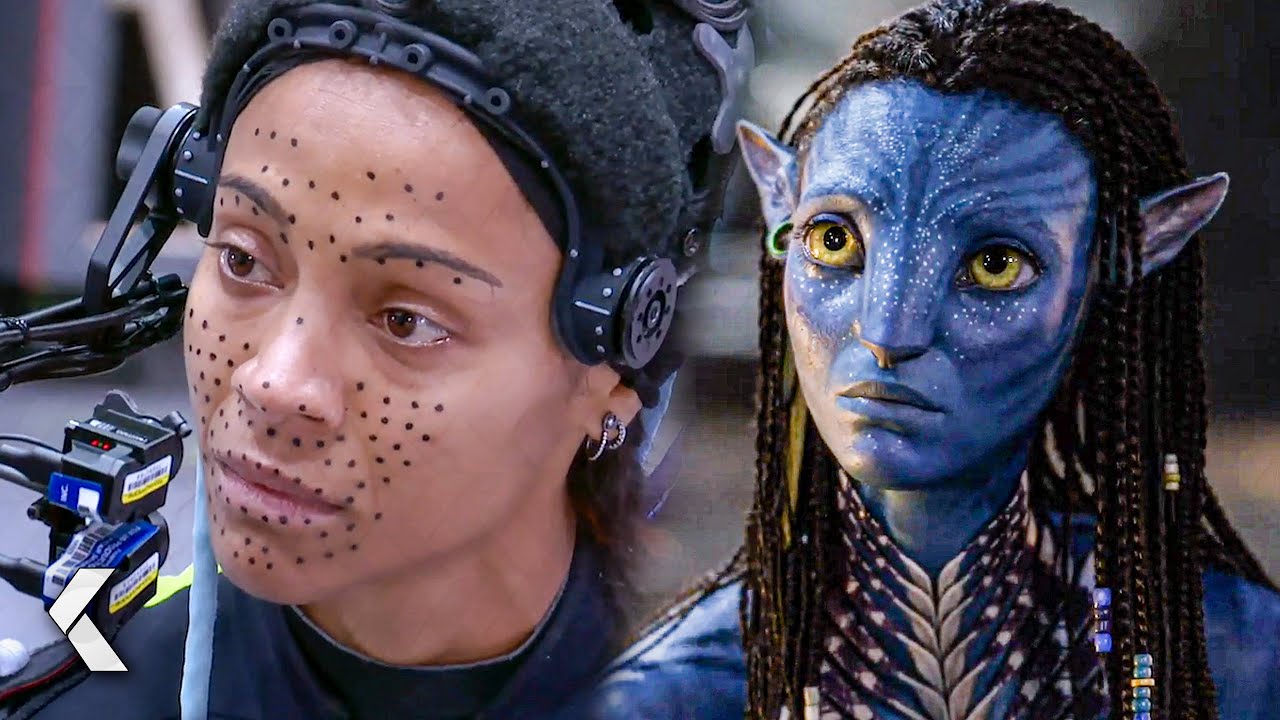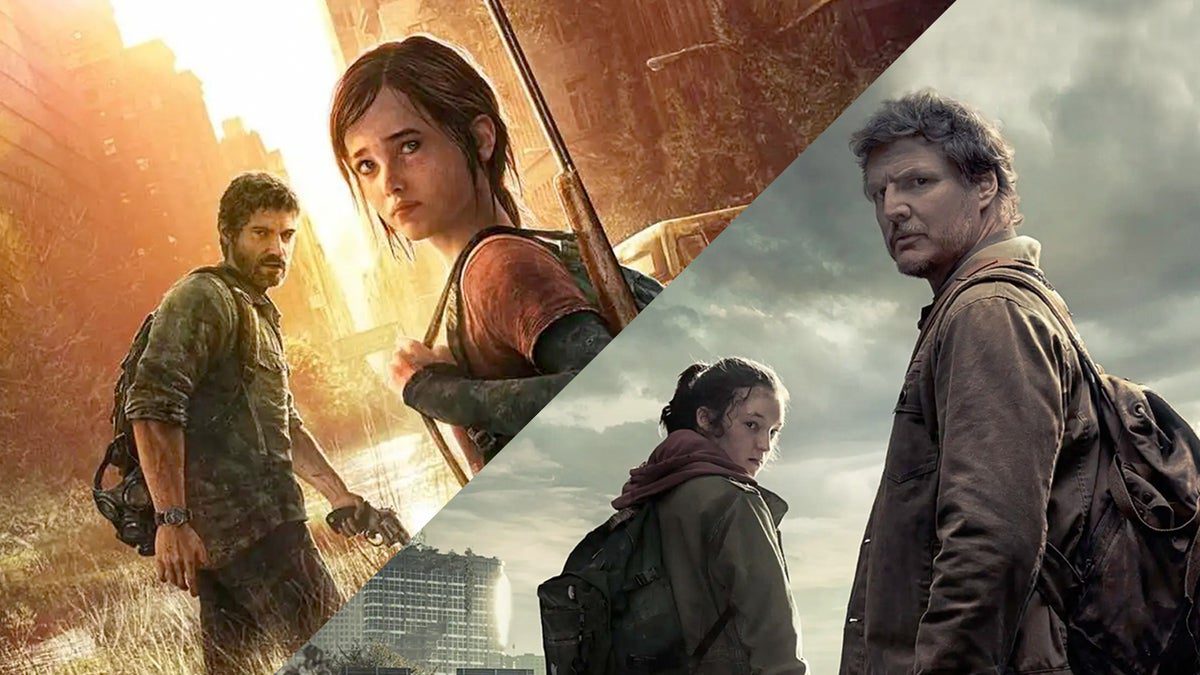
Fil Robinson, BD Manager
IP Licensing | Yodo1
For decades, nearly every videogame IP licensed to Hollywood has, in one way or another, failed to live up to the hype and expectations of mainstream viewers, critics, and—most importantly—die-hard fans. So can you really blame gamers for believing all video game adaptations are, well, bad?
We all remember what happened when Sonic the Hedgehog was first unveiled ahead of his big-screen debut, right?
Despite these very public failures and criticisms, though, entertainment studios remain relentless in their pursuit of game-based movies and shows—a trend that’s now accelerating after the runaway success of HBO’s The Last Us, Arcane: League of Legends, and Cyberpunk: Edgerunners from Netflix, as well as other big-budget AAA hits. But how did we get here after all those critical (and commercial) failures over the years, and what changes helped drive this massive shift?
Join us as we unearth the origins of the videogame-film phenomenon, discover some of the reasons behind its recent explosive growth, and explore the future of this perfect entertainment partnership.
Ever since video games became an established form of media entertainment in the late 1970s and early 1980s, movie and TV studios have licensed their IPs to developers to make games based on them. Star Trek: Phaser Strike (released in 1979) was the first game to use an official license from an IP (along with the release of Star Trek: The Motion Picture). Then 1982 saw an explosion of movie-based video games, including Alien, Raiders of the Lost Ark, and Star Wars. The trend has only gained momentum since and now includes crossover events and timed DLCs in many games. Movie and TV-based games have revolutionized how fans interact with their favorite characters and elements from popular IPs. These games offer an exciting and immersive way to engage with a world that was once limited to the non-interactive format of movies and TV shows. For the studios that own these IPs, it’s a fantastic way to increase awareness and capitalize on their popularity with a new revenue stream.

Video Game Movies Credit: Dsogaming.com
The trend of turning video games into live-action movies or TV shows dates back to 1988 when Namco released Mirai Ninja, a Japanese-based arcade game of the same name that was adapted into a movie. Although it received mixed reviews from Western film critics and holds a low 44% “Rotten” approval rating on Rotten Tomatoes, it marked the beginning of a new era.
It wasn’t until the release of Super Mario Bros in 1993 that the momentum of video games to movies changed and became a regular fixture in the annual release schedule of Hollywood movies (on average, there are two Hollywood-produced video game-based movies released per year). However, most of these movies have been poorly received critically, with most not warranting a sequel.
The lackluster reviews and underwhelming box office returns of video game adaptations have given many studios pause when considering turning a beloved game into a movie or TV show.
Things have come a long way since the ’80s. The games industry’s advancement and unprecedented commercial success (particularly of a handful of specific IPs) have shifted the entertainment landscape on its axis and led to more game-based movie and TV adaptations. Driving factors include the evolution of technology, improved storytelling, fan engagement, and IP lifecycles. Together, these indicate that we are reaching a more mature phase in the game-to-movie trend, which will only gain momentum in the coming years.
Let’s consider each factor on its own.
As technology has progressed in games and films, studios from both industries have been able to learn from one another and leverage advancements in producing their respective content. For example, many actors now lend their voices, likenesses, and motion-capture performances to the production of a game. These actors will do the same for the movie based on the same IP and vice versa. (e.g., Avatar – The 2009 movie and game).

“Avatar 2: The Way of Water” image credit: KinoCheck
As the gaming industry has matured, so has the level of storytelling. Games from Grand Theft Auto to Red Dead Redemption and the Uncharted series are critical and commercial successes lauded for their outstanding storytelling and world creation. They offer players rich and diverse experiences with well-developed characters.

“Uncharted” image credit: Sony Pictures Entertainment
The Uncharted series has gained much praise for its cinematic aesthetic, character development, and action scenes. So, when it was announced that a movie would be made based on the IP, it was a no-brainer. The movie came out in 2022 but was not received well by critics. Many considered the storytelling inferior to the game. Despite that, it grossed $401.7 million worldwide, making it the fifth-highest-grossing video game film ever.
Some video games have huge fan bases with large numbers of active users. Both game developers and movie studios recognize the commercial opportunities available to them if they can bring that existing fanbase to engage in the movie or TV version of the IP and attract new fans. A great example of this is Arcane: League of Legends, distributed globally on Netflix to overwhelmingly positive reviews (one of its best critically received titles of all time). The series won multiple awards, including four Emmys. Rafael Motamayor from IGN.com called the first season of Arcane a “classic in the making” and “the nail in the coffin of the so-called video game curse.”
The series’ impact saw the League of Legends brand gain many new fans and drive more engagement.

Image credit: Buff
Much like movie IPs being made into games, the adaptation of games into films or TV shows can breathe new life into the IP and boost its lifecycle. For film studios, this comes with a rich source of creative real estate upon which to build, with the existing game universe serving as a solid foundation for a new, immersive experience. The boost can generate more revenue, awareness, fans, and an increase in engagement for the IP as a whole. It’s another access point into the IP world for audiences not the original target audience for the game.

The Last of Us” image credit: Game Rant
A prime example of this trend is the increased sales of The Last of Us game in the UK following the release of the TV show adaptation, demonstrating the powerful impact that movies and TV shows can have on the sales and popularity of a game, creating a positive feedback loop. In this case, sales increased by 238% (week-on-week) for The Last of Us Part 1 and 328% for The Last of Us: Remastered representing a clear, synergistic win-win for both the game and movie studio.
The win-win outcome from adaptations like The Last of Us and Arcane: Legends may herald the end of the ‘video game curse’. We will likely see more game and movie studios build alliances to create more adaptations.
As stories in games become even more complex, interactive, and immersive via VR/AR, Web 3.0, or haptic-wearable technologies (which are expected to go mainstream), new video game IPs will emerge. Existing ones may evolve and become even more prominent than today, allowing movie studios to adapt games in exciting and yet unforeseen ways.
Even without these very positive factors, the future of games being made into movies and TV shows looks bright. Super Mario Bros, Gran Turismo, Streets of Rage, Metal Gear Solid, and Alan Wake are among more than 40 movie and TV adaptations of video games that are in development or set to be released in the next three years!
In case you were wondering… the game-to-movie train is here to stay!